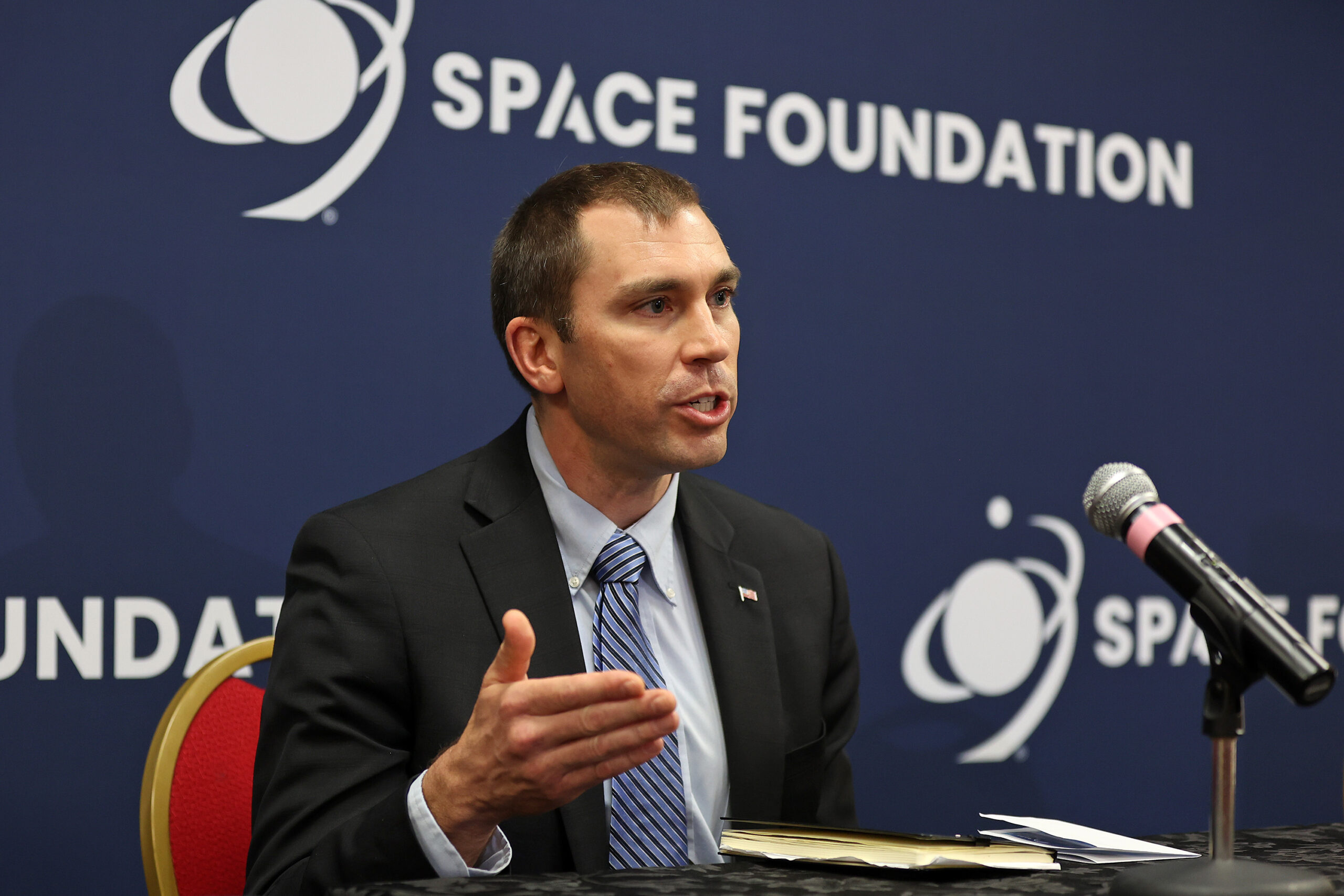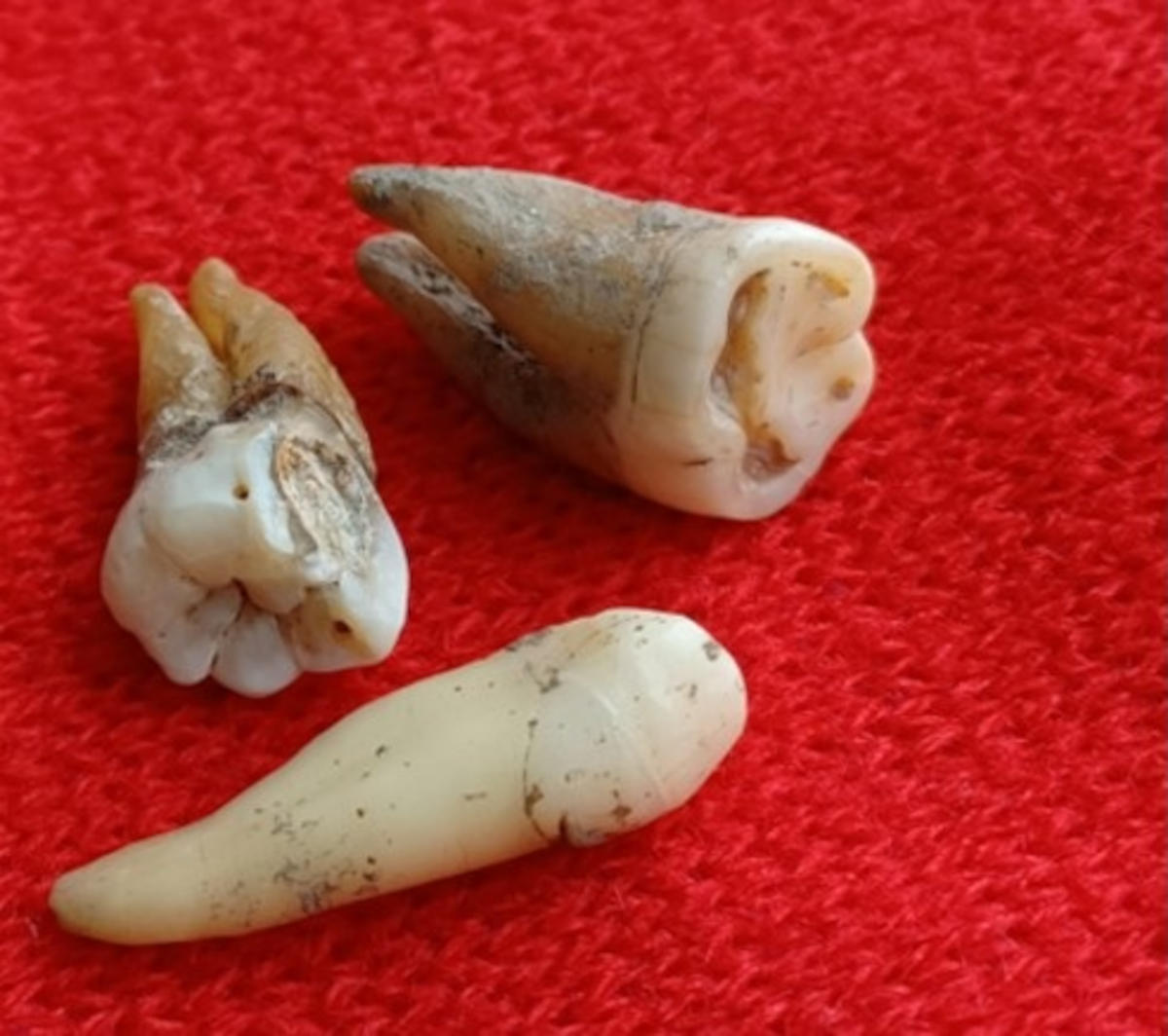by Jeff Foust —

WASHINGTON — Bahrain became the latest country to join the Artemis Accords as the agreement regarding principles for cooperation in space exploration continues to expand beyond traditional spacefaring nations.
Mohamed Al Aseeri, head of the National Space Science Agency of Bahrain, signed the Accords March 2 during the U.S.-Bahrain Strategic Dialogue. While the signing was briefly mentioned as part of those meetings, it was not formally announced by NASA and the State Department until March 7.
“I am so pleased to see Bahrain has shown its commitment to the peaceful exploration of space by signing the Artemis Accords,” NASA Administrator Bill Nelson said in the agency statement about Bahrain’s signing of the Accords. The Middle Eastern country is the 17th to join and comes days after Romania signed on.
Bahrain is a newcomer to space, having established its space agency only in 2014. That agency has focused primarily on space applications, rather than exploration. The country’s launched its first satellite, a cubesat jointly developed with the United Arab Emirates called Light-1, on a SpaceX Dragon cargo resupply mission to the International Space Station in December 2021, where it was deployed in early February. The three-unit cubesat is designed to study flashes of gamma rays produced in the atmosphere.
Bahrain has not announced any plans to participate in space exploration activities associated with the Artemis lunar exploration campaign. However, one of the agency’s goals listed on its website is “encouraging the Kingdom to become a party in international conventions and agreements of space science and associated technological concepts.”
A former NASA official who helped spearhead development of the Artemis Accords in 2020 welcomed the addition of Bahrain to the agreement. “Bahrain is an excellent example of how the Accords are expanding the benefits of Artemis to a new and diverse set of international partners,” said Mike Gold, former associate administrator for space policy and partnerships at NASA and currently executive vice president for civil space and external affairs at Redwire Space.
“More than ever, the world needs a global commitment to peaceful norms of behavior in space that the Accords represent,” he said, “and I applaud the Department of State, NASA, and the Vice President in particular, for focusing on this issue and keeping the light of hope and optimism that global space exploration represents shining so brightly even during these dark times.”
Note: This article have been indexed to our site. We do not claim legitimacy, ownership or copyright of any of the content above. To see the article at original source Click Here












